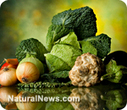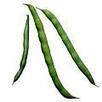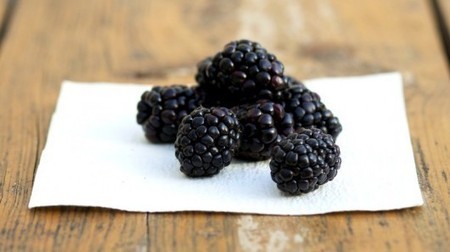Too many acid-forming foods can have dire consequences for our health, with "acidosis" being a common diagnosis in diabetics, for example. This is because when the nutrients required to maintain this slightly alkalinestate cannot be obtained from food, the body will instead draw from its own stores, like the bones or other vital tissues - damaging its ability to repair itself and detoxify heavy metals, thereby making a person more vulnerable to fatigue and illness.
These foods (mostly vegetables) can help rebalance your diet.



 Your new post is loading...
Your new post is loading...












